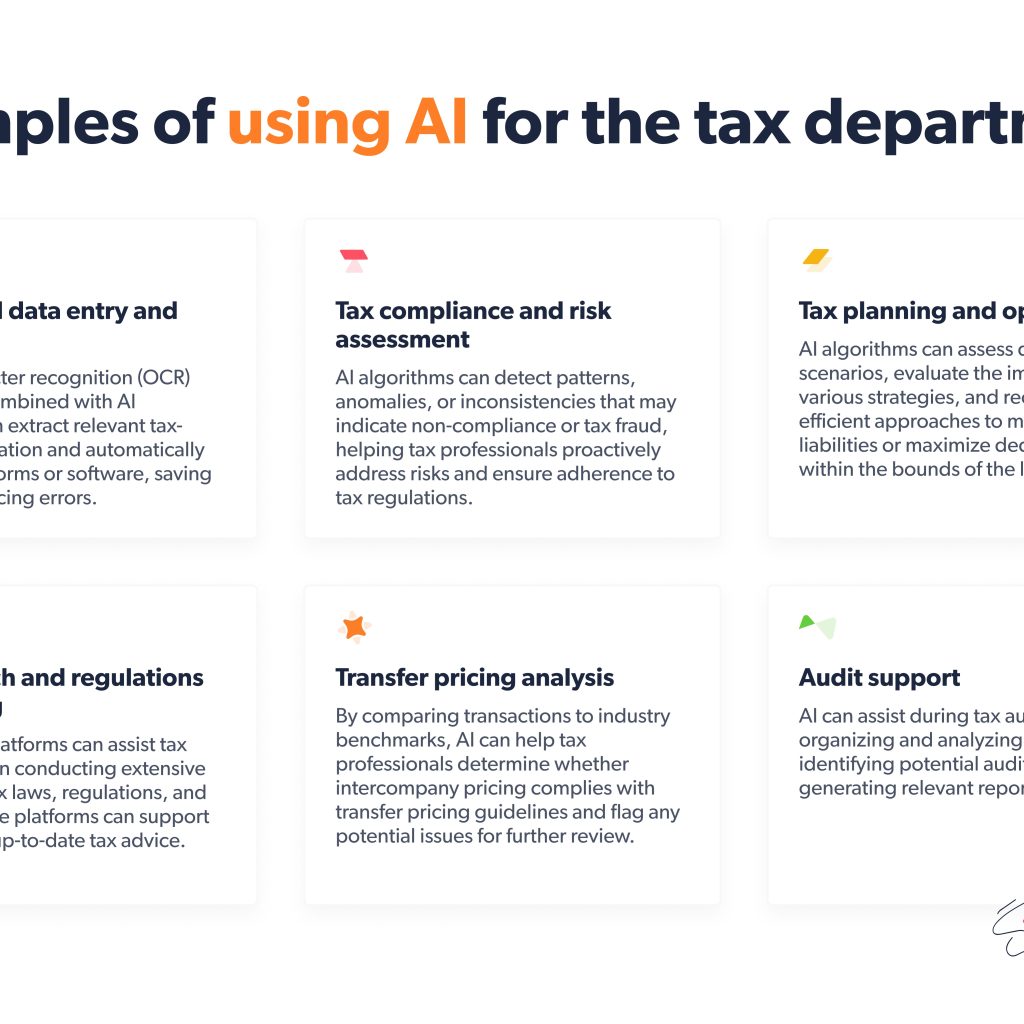Researchers at Sheffield Hallam University have conducted a groundbreaking study demonstrating the potential of large language models, such as ChatGPT, in predicting interest rate decisions made by central banks. This study, conducted by Sheffield Business School researchers, focused on analyzing speeches delivered by members of the Bank of England Monetary Policy Committee (MPC) prior to their interest rate voting decisions.
The researchers harnessed the capabilities of ChatGPT to classify each speech into one of three categories: dovish, neutral, or hawkish, based on the tone and content of the speeches. These classifications were then integrated into an econometric model, allowing the researchers to successfully predict how MPC members would vote in the subsequent one or two policy meetings.
Significant predictive power
The study’s results revealed that ChatGPT’s sentiment analysis of central bank speeches played a crucial role in forecasting future voting behavior. Specifically, committee members who delivered more neutral speeches were found to be more inclined to vote for interest rate hikes in subsequent meetings.
Dr. Drew Woodhouse, the lead author of the research and a senior lecturer in economics at Sheffield Business School, emphasized the implications of their findings. According to Dr. Woodhouse, this study underscores the predictive potential of tools like ChatGPT when it comes to deciphering human beliefs and expectations. Such capabilities hold significant implications for forecasting policy decisions and modeling economic expectations.
The study showcased ChatGPT’s proficiency in classifying the nuanced language used by central bankers. The AI model was able to grasp the intricacies of central bank communication, often referred to as ‘Fed speak,’ and establish connections between speech content and subsequent policy actions.
The researchers suggest that this approach could be extended to study various other aspects of central bank communications, including forward guidance. This research also highlights how publicly available AI models, like ChatGPT, have the potential to empower economic analysis and enhance financial decision-making.
JPMorgan’s use of ChatGPT
In a related development, JPMorgan was reported to have employed a ChatGPT-based language model to analyze statements and speeches from the Federal Reserve. This initiative aimed to identify potential trading signals within the central bank’s communications. The bank noted that preliminary results were encouraging, leading to the expansion of the model’s coverage to include the European Central Bank and the Bank of England, with plans to include additional central banks in the future.
The study conducted by Sheffield Hallam University researchers showcases the increasing role of artificial intelligence, specifically large language models like ChatGPT, in the realm of economic analysis and forecasting. By successfully predicting the voting behavior of central bank committee members based on their speeches, this research highlights the potential of AI to enhance our understanding of economic policy decisions.
JPMorgan’s adoption of a ChatGPT-based model further emphasizes the practical applications of AI in financial institutions. As AI continues to evolve and demonstrate its capabilities, it is likely to play an increasingly pivotal role in shaping economic analysis and financial decision-making processes. This development underscores the importance of staying at the forefront of AI advancements in the world of finance and economics.





